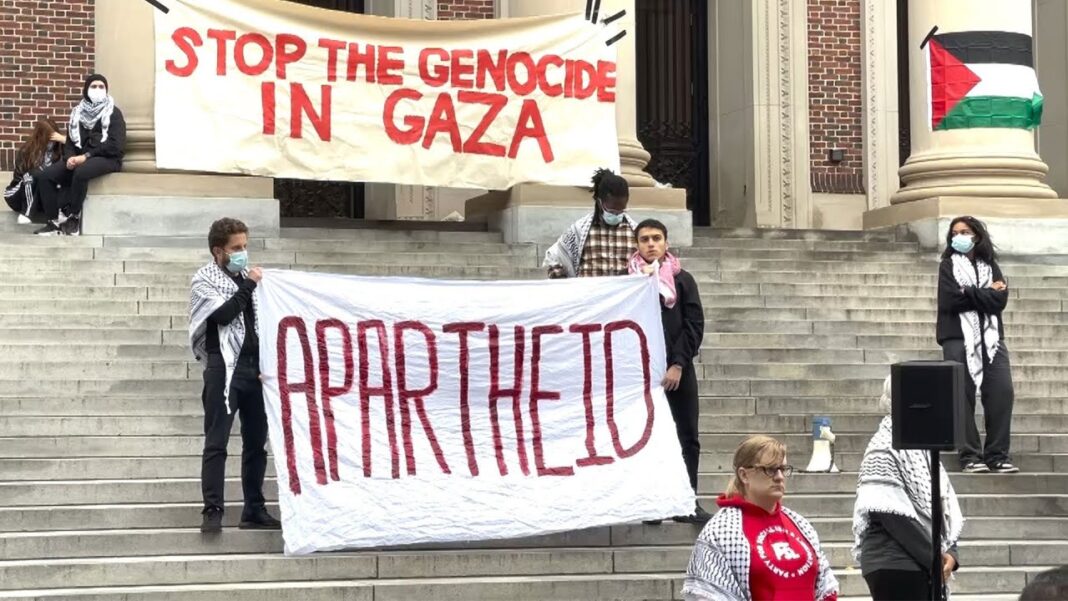After decades of civil war and gang violence, many citizens are glad their country is finally being recognized for its tough stance on gangs and crime.
PLAYA TUNCO, El Salvador—Rhythmic Latin music played softly in the background as Patricia Sandoval wept at a restaurant overlooking the gray sea of her native El Salvador.
Her voice grew husky as she gazed out at the crashing waves, her tone grim as she recounted the horrors of her life as an 11-year-old growing up in a country torn by civil war.
Until just weeks ago, it had been 42 years since she had set foot in her homeland, after having fled to the United States with her mother and siblings to build a safe, new life. She was driven to tears recalling the bittersweet moment last month when she stepped off the plane onto the terra firma of her childhood.
“I left—now I come back—and I don’t know the country. I don’t know my land,” she said, her voice breaking.
Sandoval, who lives in California, came back to visit because, after decades of civil war and brutal gang violence, the country is at peace under President Nayib Bukele. Other people she knows feel it’s safe to return now, too.
“We’re feeling like we can go back home, just explore and get to know our own land that was taken away by the war, by the gangs, the violence,” she said.
Many Salvadorans told similar stories, saying they now feel safe from gangs that killed and robbed at will before Bukele was elected.
El Salvador is now playing an important role in U.S. President Donald Trump’s efforts to deport criminal illegal immigrants. Department of Homeland Security Secretary Kristi Noem visited the country on March 26. In a video that featured El Salvador’s Terrorism Confinement Center, known as CECOT, as a backdrop, Noem warned gang members against operating in the United States.
The Epoch Times traveled more than 175 miles through the country, speaking to a dozen people about the transformation their nation has experienced under Bukele and how they felt about the U.S. deportations to their country.
The majority of them expressed approval, saying that vicious gang members—whether in El Salvador or the United States—needed to pay for their crimes.
Bukele is now touting the once infamously dangerous country in Latin America as the safest because of the mass arrests of some of the most violent gangs on the planet—such as MS-13 and Barrio 18—that terrorized the country for a decade.
El Salvador’s reputation as iron-fisted when it comes to gangs grew with the construction of CECOT in Tecoluca.
It caught Trump’s attention. While campaigning, he vowed to shut down the U.S. southern border, where most of the 11 million illegal immigrants crossed into the country under President Joe Biden. The Trump administration has prioritized finding and deporting criminal gang members such as Tren de Aragua of Venezuela, and this is where El Salvador comes into play.
Salvadoran political analyst Herbert Esmahan said El Salvador’s transformation into what has been called one of the safest countries in the Western Hemisphere is the key to curtailing illegal immigration to the United States.
Cleaning up El Salvador’s gang problem will mean that more businesses will open, more tourists will show up, and more jobs will be created, he said.






